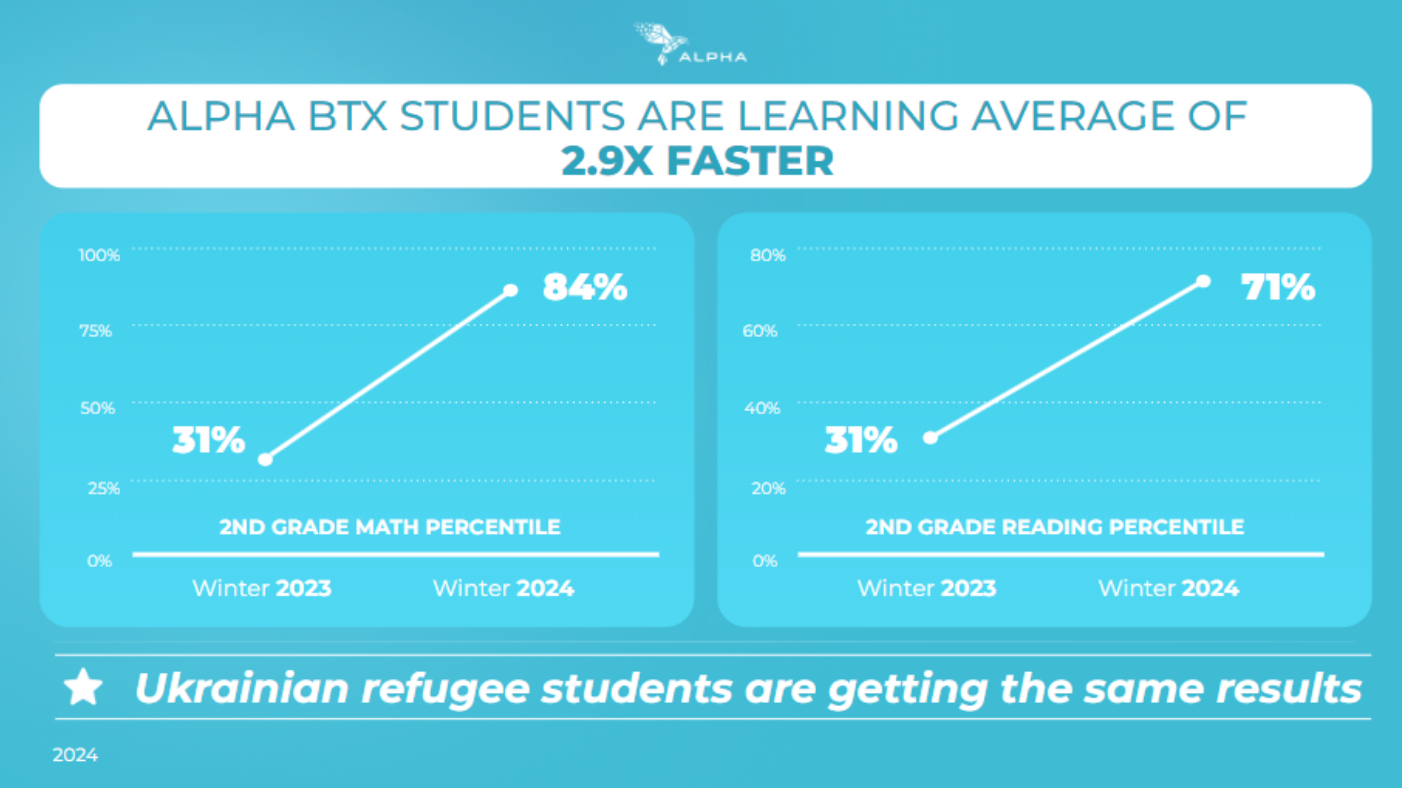
Arizona’s State Board for Charter Schools greenlit Unbound Academy’s application to open an online-only school where AI, not teachers, takes charge of academics. The school’s unconventional approach, serving grades 4 through 8, dedicates only two hours a day to AI-guided lessons while prioritizing life skills and hands-on activities for the rest of the day.
Key Points:
- Students will use AI-driven platforms like Khan Academy and IXL for personalized academic learning.
- Lessons last just two hours a day, tailored to each student’s pace and capabilities.
- The remaining time is dedicated to workshops on financial literacy, teamwork, and leadership.
The Arizona State Board for Charter Schools approved Unbound Academy’s application on December 16, 2024, by a narrow 4-3 vote. The online charter school, slated to begin in 2025, plans to serve students in grades 4 through 8 using a revolutionary model that replaces traditional teaching methods with AI-guided learning.
The approval came with adjusted enrollment caps to ensure sustainable growth in Arizona's competitive online education market. The board modified Unbound Academy's original enrollment proposal, reducing the planned progression from 250-500-750-1000 students to a more measured 200-400-600-800 student growth trajectory. Vice President Jessica Montierth, who proposed the modification, cited market saturation concerns while expressing support for the school's innovative model.
"The market is very saturated and I want to see success for your school," Montierth stated during the proceedings. The modified enrollment caps aim to help the new charter establish itself methodically in Arizona's competitive educational landscape.
A Different Approach: Under Unbound’s “2hr Learning” model, students spend just two hours daily working through lessons in math, reading, and science. AI systems analyze their progress, adjusting the difficulty and content in real-time to optimize learning outcomes. "This ensures that each student is consistently challenged at their optimal level, preventing boredom or frustration," the school’s application explains.
After completing the academic portion of the day, students participate in hands-on workshops designed to teach life skills such as public speaking, entrepreneurship, and creative problem-solving. Unbound’s approach emphasizes preparing students for real-world challenges rather than traditional standardized testing benchmarks.
Humans in the Loop: While AI takes the reins for academics, human guides provide emotional support and motivation. These guides lead life-skills workshops and foster teamwork through activities like virtual role-playing scenarios. For instance, students might tackle the famous Harvard Business School’s Mount Everest simulation, learning leadership and collaboration skills along the way.
Does it Work? Data presented to the board on Alpha Austin's (the brand under which Unbound operates in Texas) performance metrics provide compelling evidence of the efficacy of the 2hr Learning model. Here are the key highlights:
- 2.4x Academic Growth: Students experienced 2.4 times the average academic growth compared to peers in traditional settings, as measured by NWEA MAP assessments.
- 3.6x Growth for Top Performers: The top two-thirds of students achieved 3.6 times the academic growth compared to traditionally educated students.
- 6.5x Growth for the Top 20%: The highest-performing 20% of students showed a remarkable 6.5 times the growth of their peers in traditional school systems.
- High Achievement Rates: Many students scored in the 99th percentile on standardized assessments, consistently outperforming national averages.
- Student Satisfaction: Surveys indicated that 96% of students reported loving school, with over 60% preferring school to vacations

Yes, But: Despite its innovative vision, Unbound’s approach has faced skepticism. The split approval vote highlighted divisions on the board, with members Crockett, Jones, and Ruiz voting against approval while Montierth, Miller, Swanson and Board President Klose supported the charter with the modified enrollment plan.
Board members engaged in substantive discussion about the school's educational model and growth plans before reaching their decision.
The Big Picture: The approval means Unbound Academy can begin serving Arizona students in the 2025-26 school year, adding to the state's portfolio of innovative educational options. This decision could set a precedent for AI-driven education models across the United States. Unbound has already applied to open schools in Utah and Arkansas, signaling its ambition to expand nationally.
As AI continues to permeate every facet of modern life, Unbound Academy’s experiment may provide key insights—both promising and cautionary—into the future of education. The school plans to open enrollment for its inaugural class in early 2025, targeting an initial cohort of 200 students for grades 4-8 in its first year of operation.

